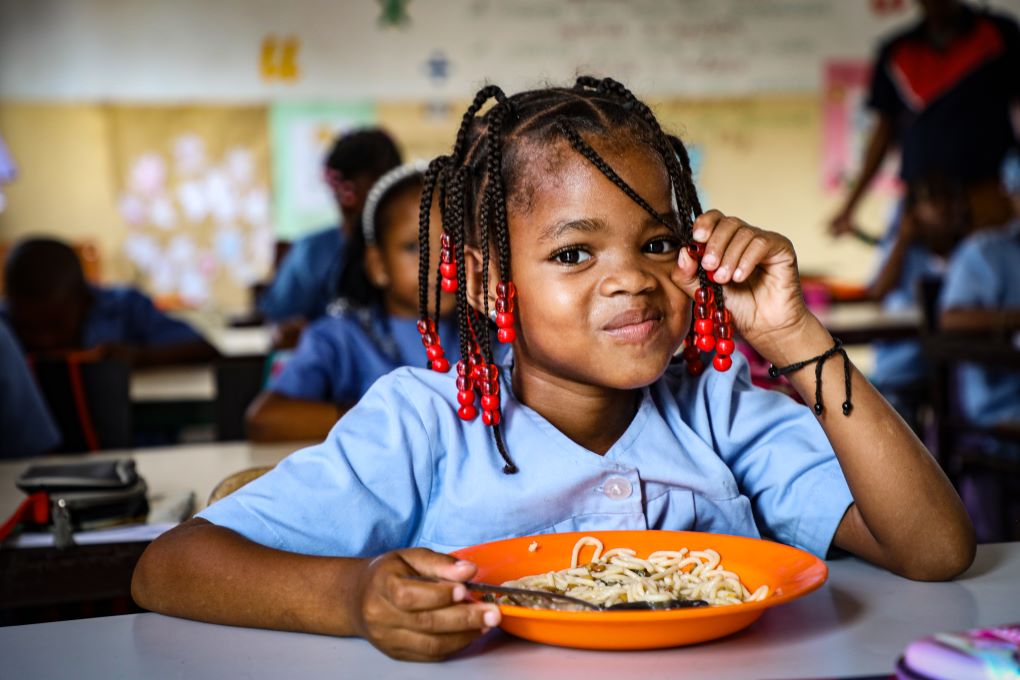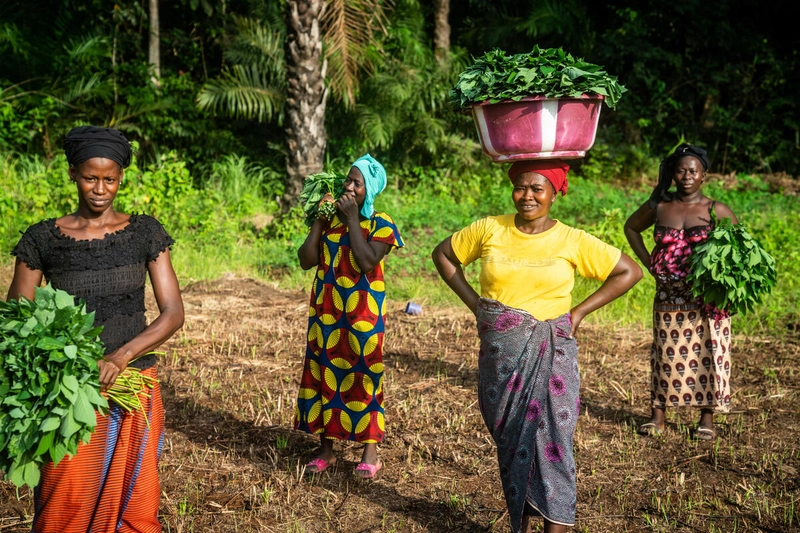Home-grown School Feeding Conference: Legislating change, funding futures of West African children
Economic Community of West African States (ECOWAS) regional technical conference on Homegrown School Feeding
Dakar, Senegal 21-23 May 2024

© WFP/Richard Mbouet
The School Meals Coalition is proud to support the The Economic Community of West African States (ECOWAS) Homegrown School Feeding Conference. Fourteen of the fifteen ECOWAS countries are members of the School Meals Coalition, reflecting shared dedication to expanding access to school meals for children in the region.
Join the discussion on social media with #SustainHGSF and follow us on Twitter @WFP_WAfrica and @SchoolMeals_
Resources
Homegrown School Feeding in West Africa
Children in West Africa face significant challenges due to global crises like the COVID-19 pandemic, conflicts, and worsening climate change. With nearly 750 million children expected to reach school age by 2060, West African countries face increasing pressure to establish inclusive, high-quality education.
Sustained investment in accessible education, especially for marginalized communities, is essential to meet this growing demand.
Initiatives like Home-Grown School Feeding play a vital role in supporting students by addressing nutrition needs and promoting school attendance.
School meals are worth around 10% of the income for low-income households. Buying local food supports markets, boosts local agriculture, and contributes to rural transformation, all while strengthening local food systems.

© WFP/Ali Jadallah
“Today, it is important to stress that benchmarks in health, nutrition, and education make a considerable contribution to economic growth in the sub-region. It has been shown that the introduction of school meals programmes based on local production can, among other things reduce poverty, increase school enrolment, generate income, add value to local products, and promote community cohesion, stability and productivity,”
“West Africa has the potential to achieve universal school meals coverage through increased investments in homegrown school meals. At WFP, we are humbled by the progress made by national governments and remain committed to working with all partners to ensure children have access to education and the nutritious food they need to thrive and grow into productive adults tomorrow,”
School meals in West Africa
Media corner
Download Media Advisory (pdf)
For more information please contact:
ECOWAS
Fabrice Dabire
fdabire@araa.org
+228 22 21 40 02
WFP
Djaounsede Madjiangar
djaounsede.madjiangar@wfp.org
+221 77 639 42 71



